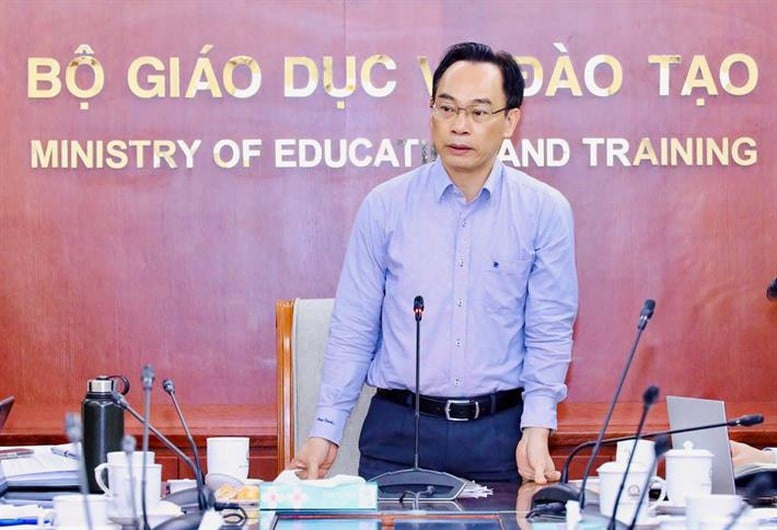
According to Deputy Minister Hoang Minh Son, if not promptly amended, university autonomy will forever remain a half-baked concept - Photo: VGP/Tue Lam
The amendment of the Law on Higher Education is no longer a matter of the education sector alone, but an urgent requirement from the practical operation itself. After more than 5 years of implementation, bottlenecks have begun to appear: Decentralization has not really empowered, the financial mechanism is still restrictive, the organizational apparatus lacks flexibility, and the quality of training has not yet reached international standards. If not adjusted soon, the university autonomy model may very well just stop at form - much talk, no action.
According to Deputy Minister of Education and Training Hoang Minh Son, autonomy cannot go alone if the legal framework cannot keep up. Amending the law at this time is not just a technical move, but a step to reshape the way higher education exists and develops in a world that is changing every day.
"Amending the law is an opportunity for higher education to make a breakthrough, but it is also a big challenge in balancing interests, ensuring feasibility and suitability to the context of Vietnam. We want to listen to comments to build a legal framework that is not only correct but also accurate," said Deputy Minister Son.
The reality of recent implementation shows that, when given autonomy, many schools have made positive changes: more flexible management, more practical training, and increased capacity to connect with businesses and the international community. However, at the same time, legal barriers are still present everywhere - from unclear organizational models, insufficiently open financial regulations, to administrative procedures that do not truly empower with responsibility. Digital transformation and innovation - vital requirements - are still at the initial stage, lacking a legal framework that is open enough for universities to act boldly.
According to Mr. Nguyen Tien Thao , Director of the Department of Higher Education, this revised draft is not simply a fix, the goal is to re-establish the reference system for the entire system. The draft establishes 6 policy pillars to guide the next stage of development.
First of all, it is necessary to promote decentralization and delegation of power, but it must be closely linked to monitoring and accountability mechanisms - so that power does not operate in a vacuum.
Next is to expand university autonomy, both in terms of organization, finance and academics, but without loosening discipline.
Third, the draft promotes the modernization of training content and methods, the development of flexible learning models, digital transformation and lifelong learning.
Fourth, is to reposition universities as centers of innovation, places of knowledge creation rather than just degree production.
Fifth, emphasize attracting social resources, especially private investment through public-private partnership mechanisms.
And finally, building a team of high-quality lecturers and scientists who not only meet input standards but also have the ability to lead research and innovation in practice.
Mr. Thao added that the draft was carefully reviewed to avoid overlapping with current laws such as the Law on Education, the Law on Teachers, the Law on Vocational Education and the Law on Science and Technology, while opening up a wide enough legal space to promote breakthrough models in the higher education system.
Representatives of ministries and sectors such as Public Security, Health, Foreign Affairs, Science and Technology all highly appreciated the comprehensive reform thinking in the draft. In addition to the consensus in principle, the ministries also proposed many specialized contents: There should be separate regulations for special training institutions such as the armed forces; clarify the concepts of "university" and "university" to unify understanding and operation; adjust regulations related to training sectors with high specific requirements such as medicine; and especially, strengthen policies to promote the internationalization of higher education, including piloting innovation centers right on campus.
According to Deputy Minister Hoang Minh Son , the draft revised Law will continue to be completed in three main directions: Clarifying the contents related to international integration in training, research and investment attraction; specifying the types of educational institutions, creating equality between public and non-public, in line with the spirit of Resolution 68-NQ/TW on private economic development; and finally, ensuring that all amendments are linked to sustainable development goals, in line with the national education strategy and the integration context.
“We need suggestions that go straight to the point, point out shortcomings and suggest ways to fix them. The law must be a tool to solve problems, not something that slows down innovation,” the Deputy Minister emphasized.
He also requested ministries, branches, and higher education institutions to promptly send written comments so that the Ministry of Education and Training can synthesize, revise, and submit them to the Government and the National Assembly according to the set schedule.
Tue Lam
Source: https://baochinhphu.vn/sua-luat-giao-duc-dai-hoc-dat-lai-nen-mong-mo-rong-khong-giant-doi-moi-102250524213518422.htm



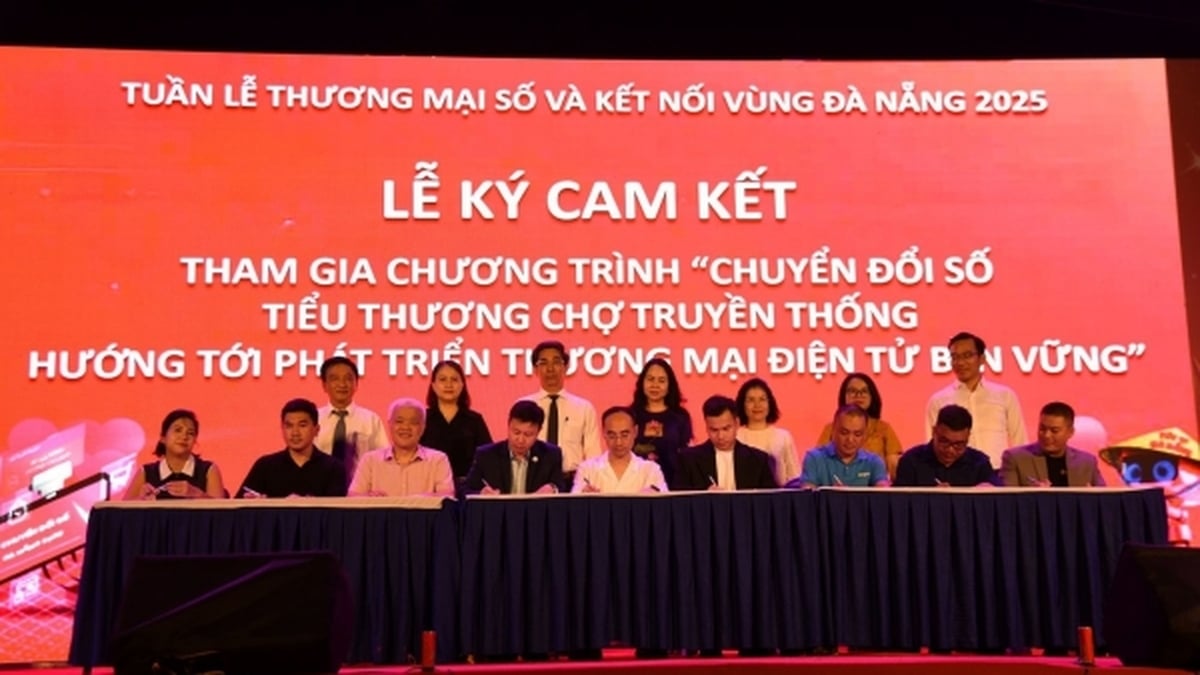

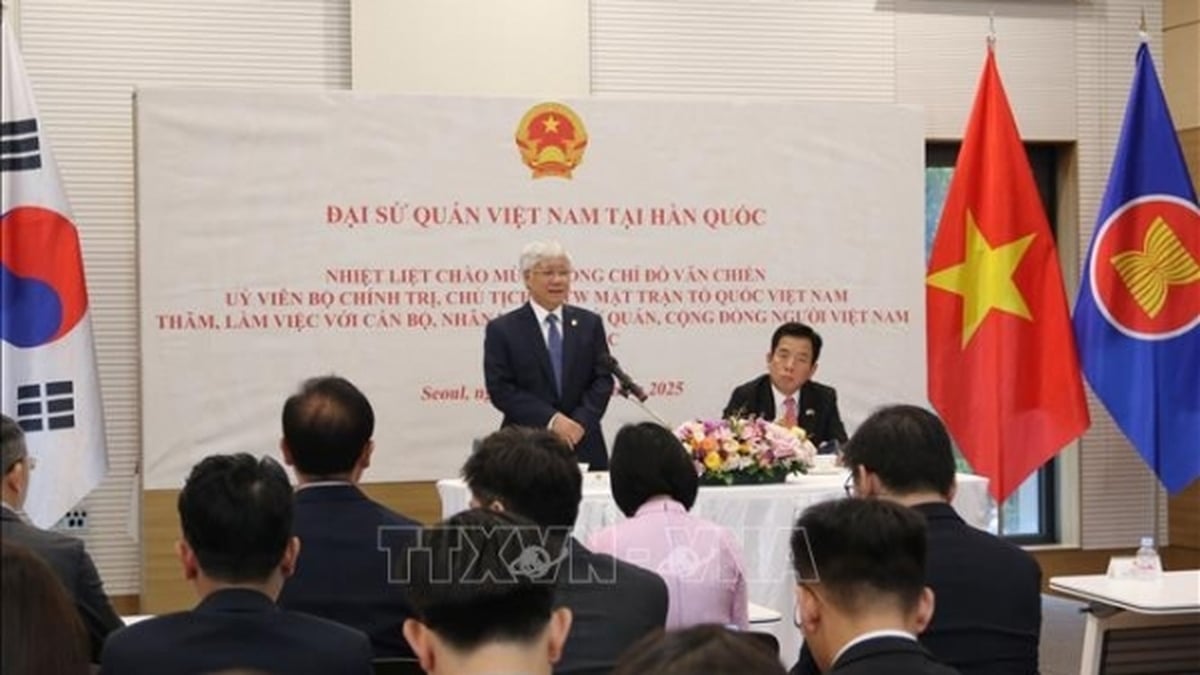
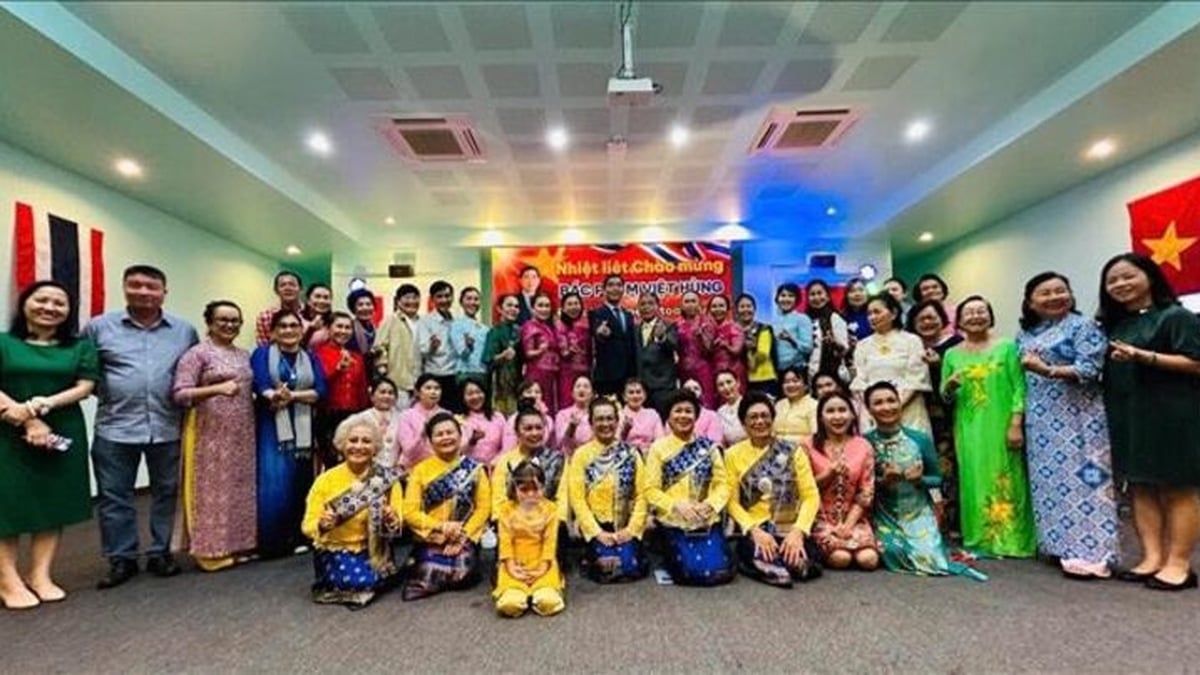


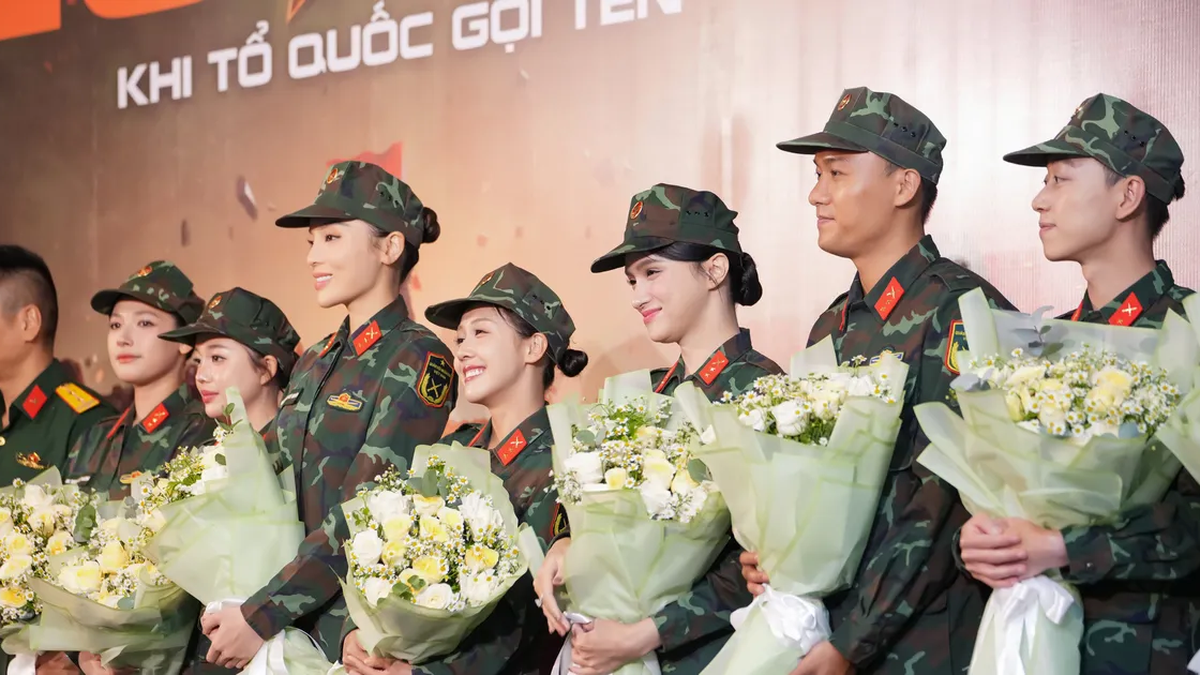
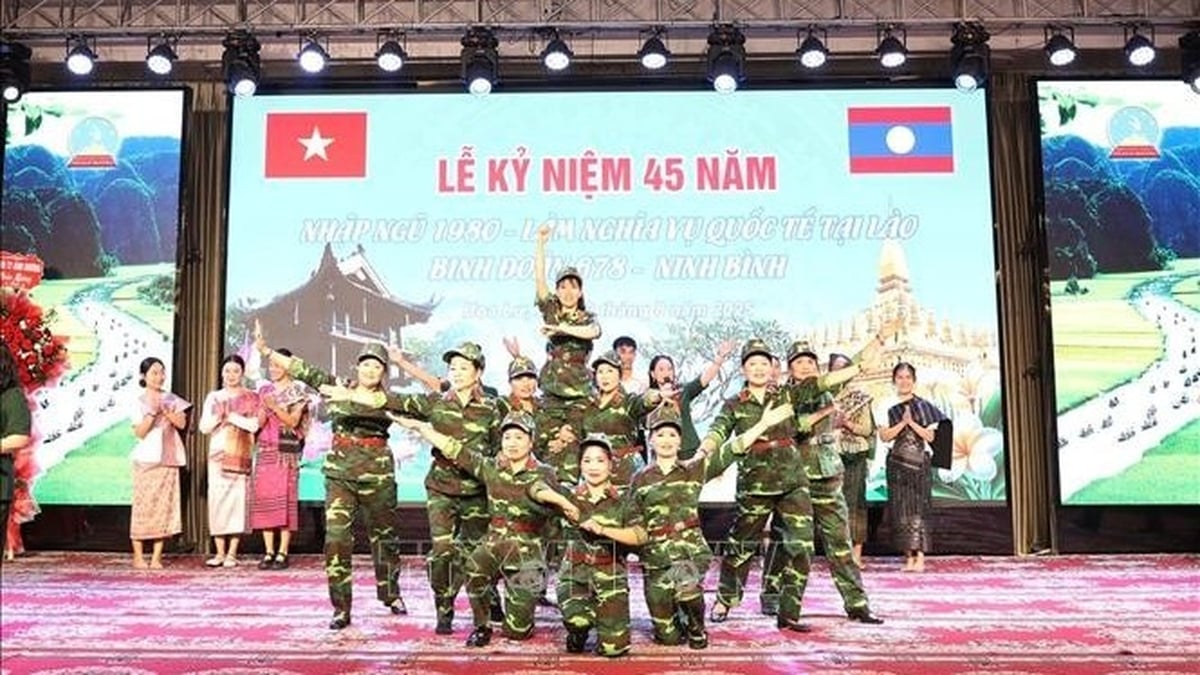
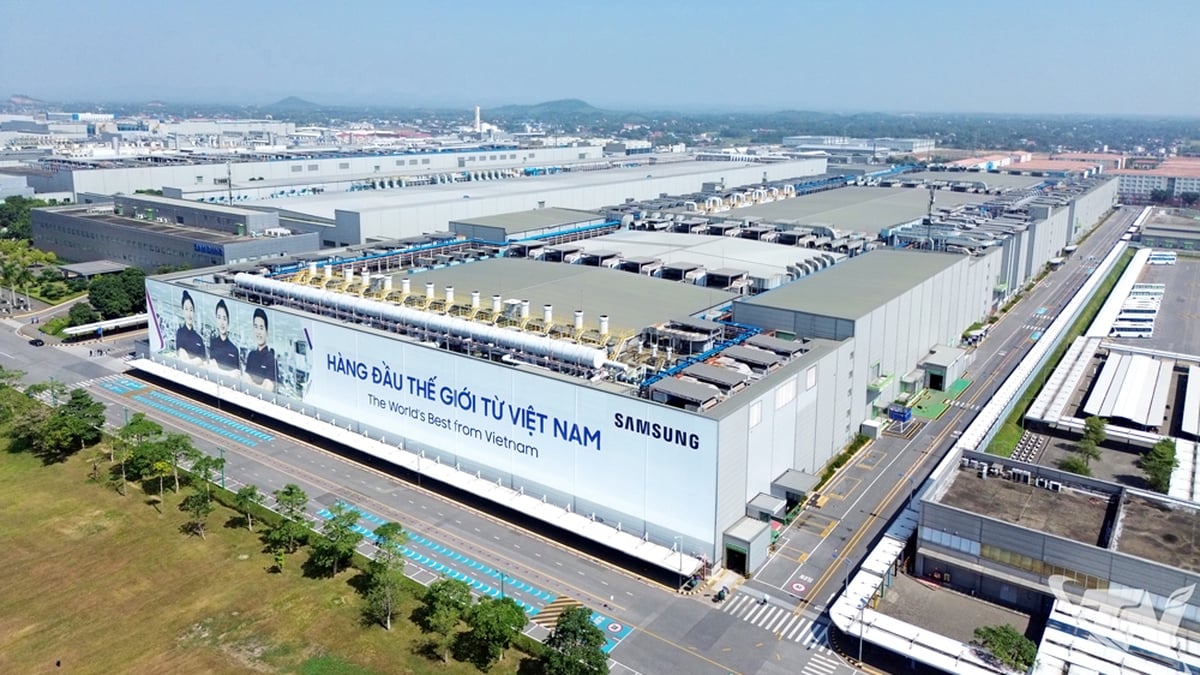




















































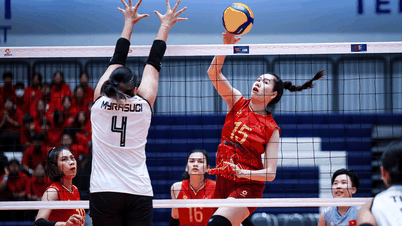

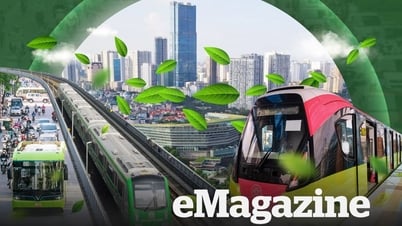
































Comment (0)